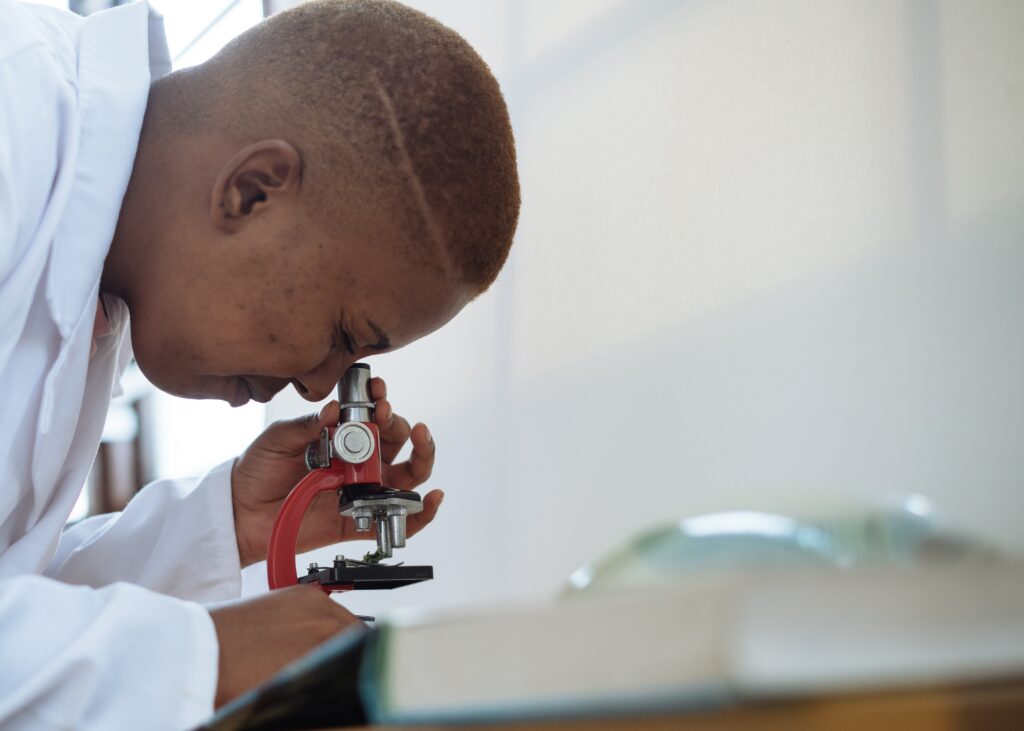Thanks to recent advances, people with type 1 diabetes (T1D) could potentially be freed from their blood-glucose monitors and insulin injections for years, or even decades. The Breakthrough T1D Cell Therapies Program invests in research and clinical trials to develop and deliver life-changing therapies that place healthy, insulin-producing cells back into the bodies of people with T1D.
Breakthrough T1D has been the leading organization focused on curing T1D since two families founded the organization in 1970, to develop cures for their children. Aaron Kowalski, Ph.D., is the current CEO, but has spent many years as a member and then leader of the scientific team at the organization. While he’s worked professionally in the diabetes field for a long time, his own family has been impacted by the disease much longer—more than 40 years.
“My brother Stephen was diagnosed with type 1 diabetes at the age of 3 in 1977 and started on two shots of animal insulin a day and urine glucose testing. I was diagnosed at 13 in 1984.“
Breakthrough T1D International CEO Aaron Kowalski, Ph.D
While there have been many advances in technology to improve T1D care and treatment since those days, the quest for cures still remains. One known way to stop the disease is to replace destroyed beta cells with cells that make insulin and protect them, so that they can function for a very long time.
Today, there are thousands of people with T1D who have had their blood sugars normalized by receiving transplants. The technology, however, remains limited to a small portion of people because of the challenges of producing beta cells and the need for chronic immunosuppression.
Cell replacement therapy has been a major area of focus for Breakthrough T1D, and the latest breakthrough comes in the form of stem cell-derived islets. Breakthrough T1D has been a leader in stem cell research since the beginning, funding over $150 million since 2000, and several breakthrough clinical trials may finally herald a solution.
“Stem cell-derived islets could provide an unlimited source that would allow —theoretically — everyone with type 1 diabetes to have this therapy.“
Breakthrough T1D International CEO Aaron Kowalski, Ph.D
Breakthrough T1D and the Breakthrough T1D T1D Fund — a venture philanthropy vehicle founded in 2016— believe that competition drives innovation and that “multiple shots on goal” are a good thing, and have several important investments in cell replacement technologies. Breakthrough T1D’s CEO is confident that it isn’t a matter of if stem cell transplants will be available to the T1D community, it’s only a matter of when.
“There would be nothing more life-changing than taking off our pumps, putting down our insulin pens, and making our own insulin again. I dream about that every day, for my brother Steve and me, and for everyone impacted by type 1.”
Breakthrough T1D International CEO Aaron Kowalski, Ph.D



